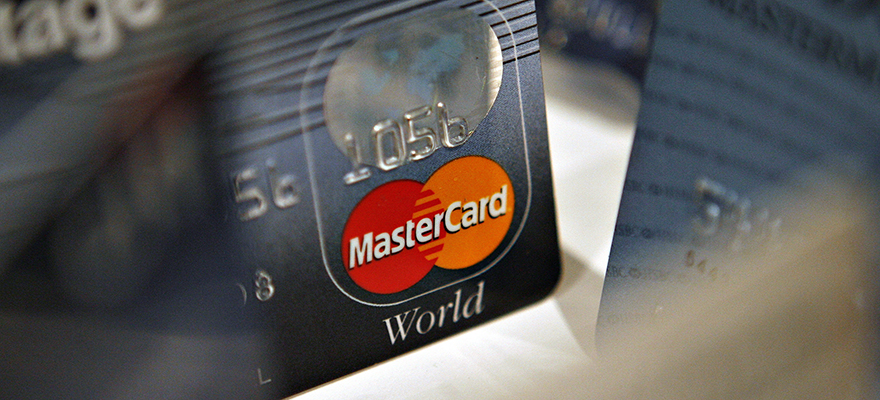Business
Online Shopping Skyrockets Amidst COVID-19 Pandemic

Lagos, Tuesday 30 November 2020 – As we experience the first-ever Black Friday promotional phenomenon under lockdown, the dominance of online shopping platforms has become crystal clear.
To keep track of this development Nielsen Global Connect has conducted extensive research that includes an overarching view of the massive increase in online FMCG shopping and just how rapidly it evolved over the first six months of lockdown.
Nielsen Connect, Global Intelligence Unit, Executive Director Ailsa Wingfield comments; “Amidst the COVID-19 pandemic, online FMCG shopping usage has advanced by up to five years in just six short months. As a result, there has been a rapid increase in online shopping and usage with new users, frequency and preference having skyrocketed.
Preference of online as the most-used channel has also more than doubled.
Evidence of this results from the Nielsen New Shopper Normal Study which was conducted in May 2020 allowing for powerful insight into the effect of the COVID-19 lockdown on consumers, during an unprecedented time in our history.
The Nielsen study found that in terms of new Nigerian FMCG online shoppers, 29% had never shopped online. Sixty-seven per cent recently shopped online during the past week and 12% shopped most often online during the past week versus only 7% pre COVID-19. In terms of Frequency, 23% said they shopped online multiple times a week and 44% shopped once a week.
The best of both worlds
Nielsen’s consumer and retail measurement evidence therefore clearly shows a massive and ongoing move to online, but it must be pointed out that this is not in isolation when considering the overall shopping journey. In Nigeria, two-thirds of consumers (67%) say they are now using both online and offline channels with fewer exclusive brick & mortar shoppers at 33%.
Wingfield elaborates; “Overall, consumers are shopping and buying in a mixed reality. In many instances, online shopping options are a new addition to their existing store repertoire but most consumers indicate that they will maintain a combination of online and offline – which will lead to the rise of more omnichannel shopping journeys and experiences.”
Interestingly, this adoption is even more pronounced for ‘Constrained Consumers’ – those who have been impacted by job/income loss. These consumers are less likely to be exclusive Brick & Mortar shoppers as Omni shopping is even more important to help them make better and more frugal choices.
Wingfield adds; “The challenge for retailers is that consumers want equivalent experiences regardless of the environment in which they shop. These are categorised by a seamless experience where the retailer’s online, and bricks and mortar offerings, are connected and offer a similar and familiar shopping experience.”
Still more work to be done
In terms of the remaining obstacles for retailers to overcome and where online needs to work harder, the biggest concern for Nigerian shoppers is delivery which has emerged as the most important factor to get right. 42% of Nigerian consumers stated they wanted same/next-day delivery while 21% said they don’t want to wait when there are no slots available.
When it comes to Price & Promo perceptions, 57% of respondents said online prices had increased, while 22% perceived less online promotion and 17% said online was more expensive. That said, online price perceptions are currently more favourable than offline (brick and mortar) perceptions. They may also improve even further, following the heavy push by retailers of online-only Black Friday and year end seasonal promotions.
Looking to the future
Looking at how consumers’ newfound relationship with online shopping will evolve, Wingfield comments; “We saw that ‘necessity catalysts’ such as safety and precaution considerations and the availability of products initially drew consumers online, but there are still several obstacles to overcome. To sustain online FMCG traction, retailers and brands will need to focus on how they can solve consumers’ changing needs by differentiating their offerings in the Omni shopping journey.”
She goes on to suggest; “They will need to solve for overall satisfaction and experiences in the areas of time, convenience, availability and value based on consumers’ altered circumstances to truly differentiate themselves.”